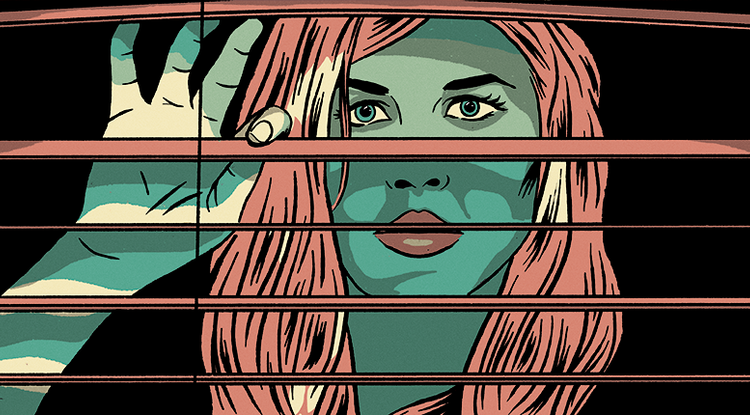 Stephen Buranyi
Stephen Buranyinature.com
Originally posted 18 June 20
Here is an excerpt:
Horton levels the accusation that US President Donald Trump is committing a “crime against humanity” for defunding the very World Health Organization that is trying to help the United States and others. UK Prime Minister Boris Johnson, in Horton’s view, either lied or committed misconduct in telling the public that the government was well prepared for the pandemic. In fact, the UK government abandoned the world-standard advice to test, trace and isolate in March, with no explanation, then scrambled to ramp up testing in April, but repeatedly failed to meet its own targets, lagging weeks behind the rest of the world. A BBC investigation in April showed that the UK government failed to stockpile neccessary personal protective equipment for years before the crisis, and should have been aware that the National Health Service wasn’t adequately prepared.
Politicians are easy targets, though. Horton goes further, to suggest that although scientists in general have performed admirably, many of those advising the government directly contributed to what he calls “the greatest science policy failure for a generation”.
Again using the United Kingdom as an example, he suggests that researchers were insufficiently informed or understanding of the crisis unfolding in China, and were too insular to speak to Chinese scientists directly. The model for action at times seemed to be influenza, a drastic underestimation of the true threat of the new coronavirus. Worse, as the UK government’s response went off the rails in March, ostensibly independent scientists would “speak with one voice in support of government policy”, keeping up the facade that the country was doing well. In Horton’s view, this is a corruption of science policymaking at every level. Individuals failed in their responsibility to procure the best scientific advice, he contends; and the advisory regime was too close to — and in sync with — the political actors who were making decisions. “Advisors became the public relations wing of a government that had failed its people,” he concludes.
The text is here.


















